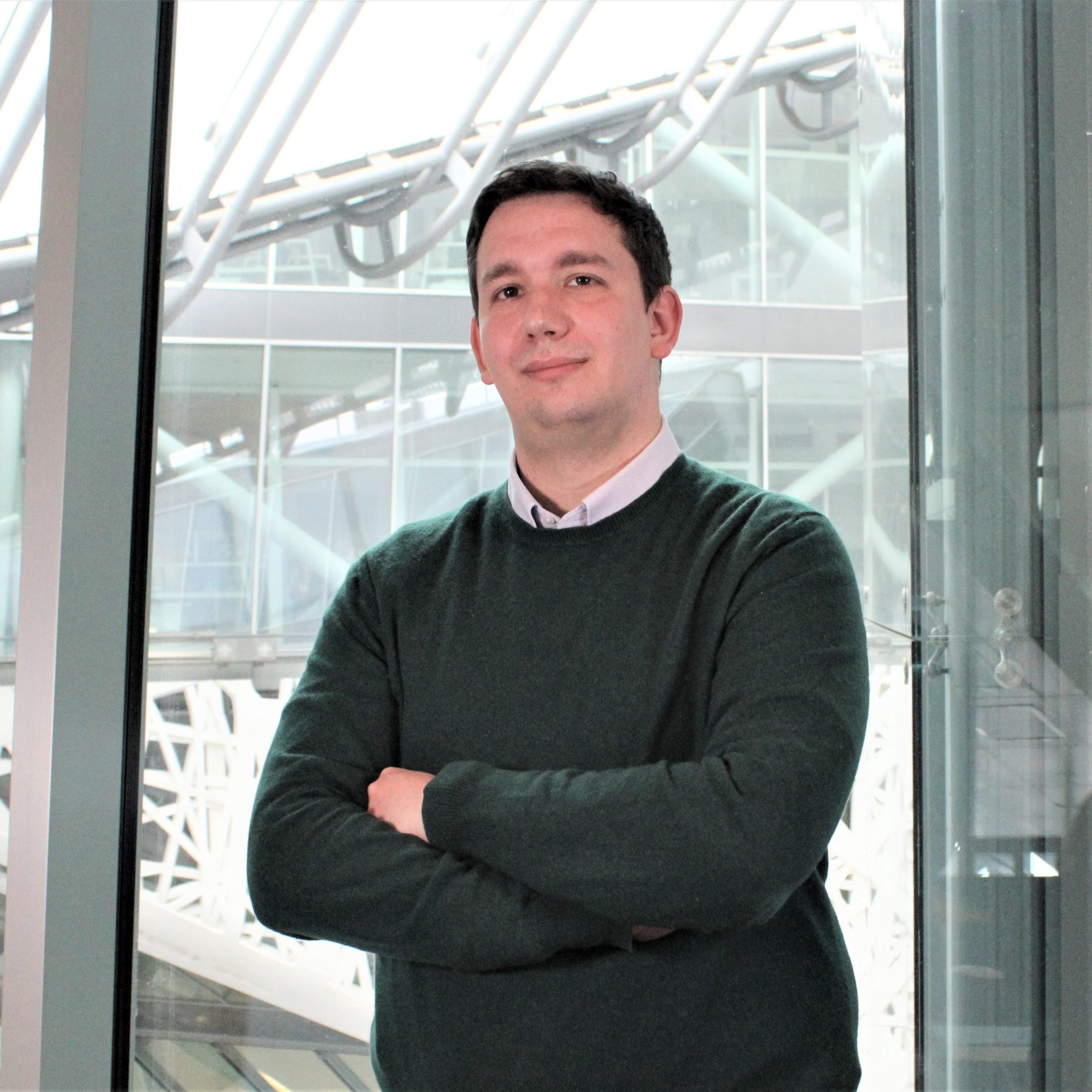
Blagoje Soskic
- Research Group Leader, Soskic Group
Blagoje Soskic is a Group Leader at the Genomics Research Centre – Population & Medical Genomics programme. After completing his degree in molecular biology at the University of Belgrade in 2012, Blagoje obtained his PhD in Immunology at the University College London in 2016. From 2016 he has been a postdoctoral fellow at the Wellcome Sanger Institute in Cambridge, investigating the impact of genetic variation on T cell function. Blagoje’s group uses a wide range of immunological and genomic assays to study variation in the immune system. His group is particularly focused on elucidating the genetic control of T cell – B cell interaction and antibody production. Blagoje will join Human Technopole in January 2022.
Contacts
Follow on
Publications
-
11/2020 - Genes & Immunity
Genomic profiling of T-cell activation suggests increased sensitivity of memory T cells to CD28 costimulation
T-cell activation is a critical driver of immune responses. The CD28 costimulation is an essential regulator of CD4 T-cell responses, however, its relative importance in naive and memory T cells is not fully understood. Using different model systems, we observe that human memory T cells are more sensitive to CD28 costimulation than naive T cells. […]
-
04/2020 - Nature Communications
Single-cell transcriptomics identifies an effectorness gradient shaping the response of CD4+ T cells to cytokines
Naïve CD4+ T cells coordinate the immune response by acquiring an effector phenotype in response to cytokines. However, the cytokine responses in memory T cells remain largely understudied. Here we use quantitative proteomics, bulk RNA-seq, and single-cell RNA-seq of over 40,000 human naïve and memory CD4+ T cells to show that responses to cytokines differ substantially between […]
-
09/2019 - Nature Genetics
Chromatin activity at GWAS loci identifies T cell states driving complex immune diseases
Immune-disease-associated variants are enriched in active chromatin regions of T cells and macrophages. However, whether these variants function in specific cell states is unknown. Here we stimulated T cells and macrophages in the presence of 13 cytokines and profiled active and open chromatin regions. T cell activation induced major chromatin remodeling, while the presence of […]